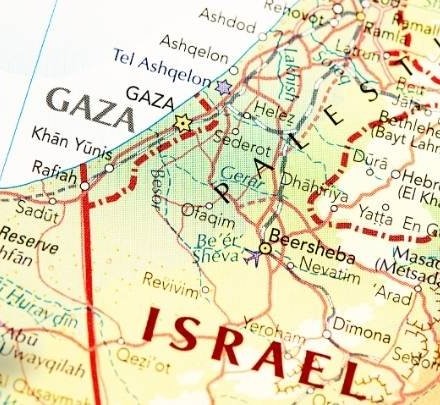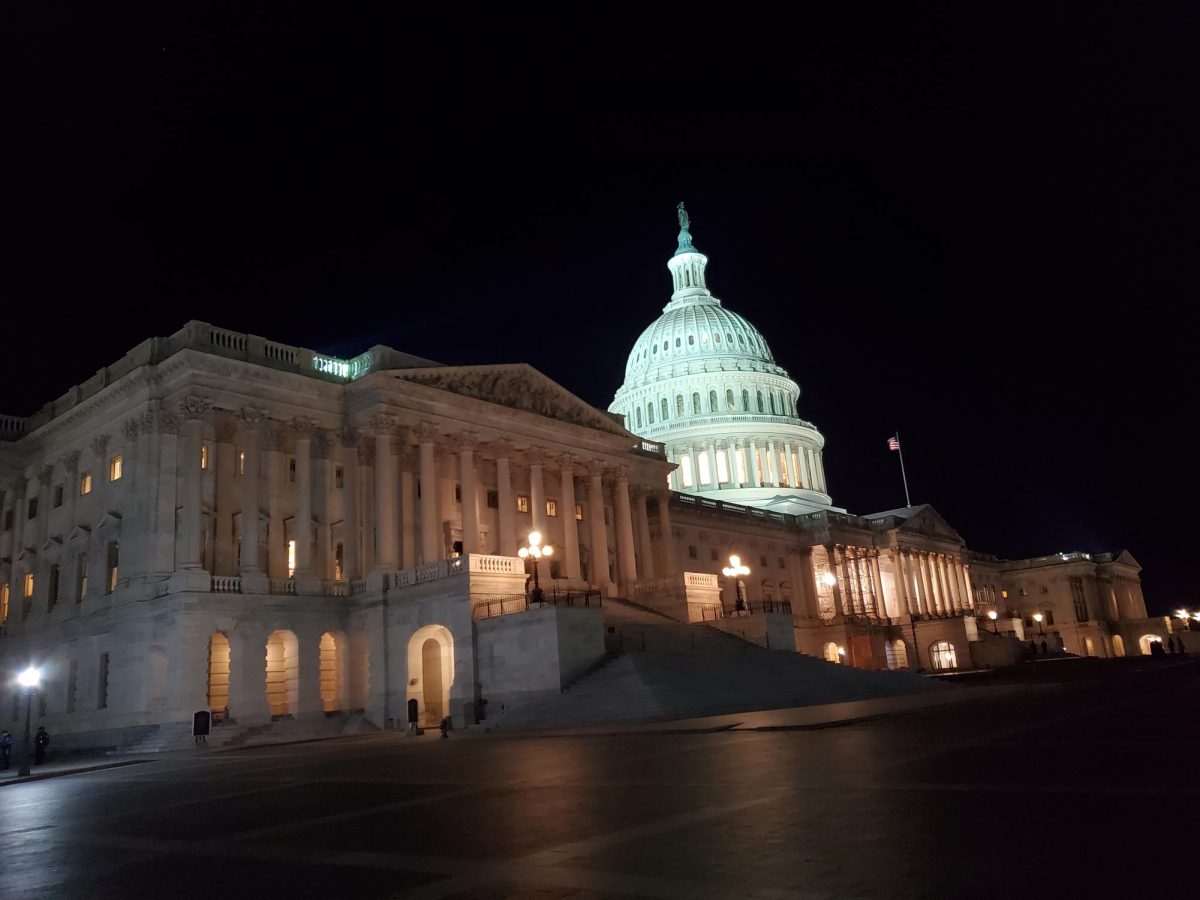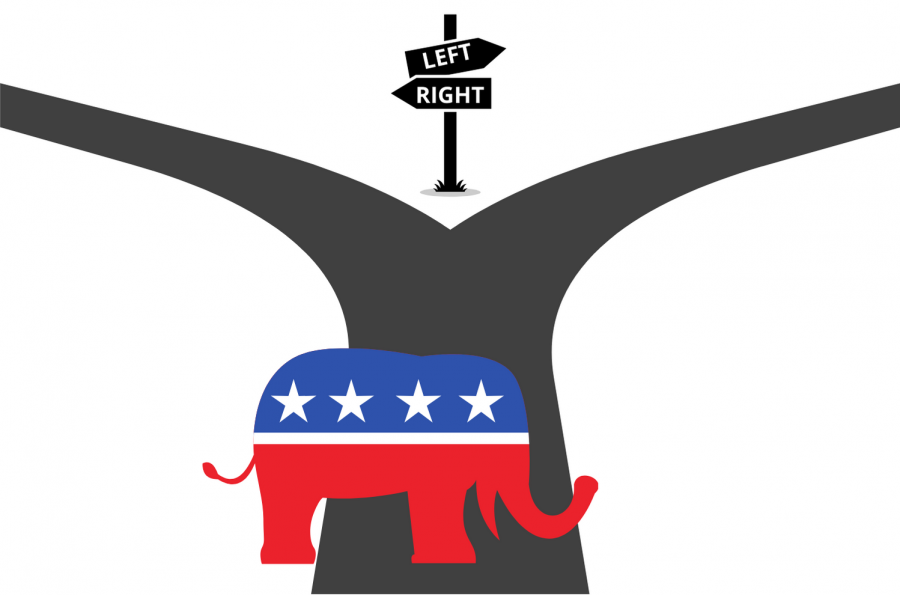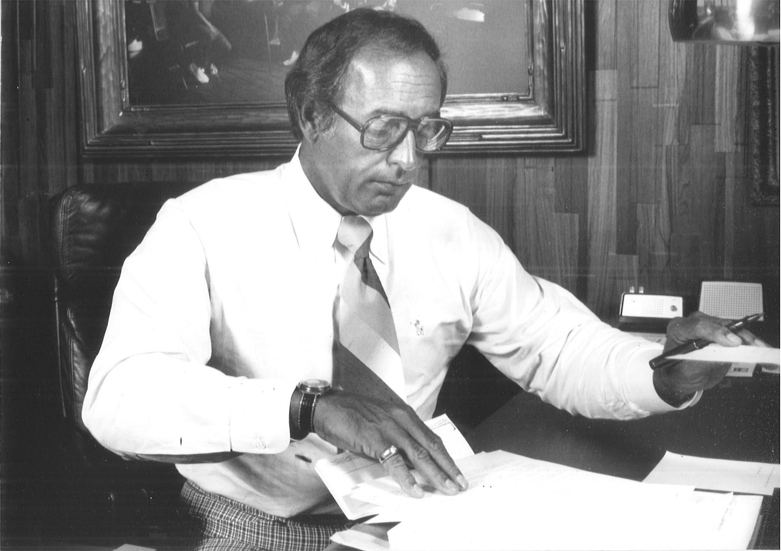Who knew a tiny series of islands off the coast of a massive continent could cause so much drama?
Those islands are not the British ones this time — at least not the British islands off the coast of Europe.
The Falkland Islands are a group of small islands several hundred miles off the coast of Argentina in southeast South America. The territory is technically an archipelago, about 4,700 square miles spread over more than 770 individual islands. It is also a British Overseas Territory, meaning that though they enjoy independent government, they acknowledge the British king or queen as sovereign and can rely on the United Kingdom (U.K.) for defense and foreign affairs.
The Falklands’ British affiliation is a somewhat modern development, however. Over the course of its history, the Islands have been the source of imperial fighting, with ownership of the region bouncing between France, Spain and Great Britain for the greater part of the last four hundred years, depending on which empire was at war with which. For most of the 19th and 20th centuries, though, Great Britain (now the U.K.) laid sole claim to the islands.
After World War II, when the U.K. experienced a massive economic downturn, the nation of Argentina took the creation of the United Nations assembly as an opportunity to pursue negotiations with the U.K. to take possession of the Falklands. The islands had been useful for the U.K. during the war when they were used as a strategic point for naval maneuvers around Cape Horn, but they were now a source of economic strain for the British government.
The negotiations failed in the 1960s and were discarded, largely because the roughly 2,000 inhabitants of the islands preferred to remain under British control.
In April 1982, however, tensions reached a breaking point due to internal crises in Argentina, including a devastating economic depression and a tricky transfer of power between military dictators. The government of Argentina invaded the Falkland Islands on April 2, surprising the British government with that overt act of war.
Prime Minister Margaret Thatcher gave immediate approval for the UK to go to war with Argentina to protect the Falklands, the majority of whose citizens were of British origin and still wished to remain under British control. The United Nations condemned the hostilities, putting pressure on the U.K., but also demanded that Argentina withdraw from the Falklands. In response, the United States under President Ronald Reagan lent U.S. Navy vessels to the British military, concerned that Argentina would turn to the Soviet Union for support if not quickly defeated.
The war lasted just over two months, ending on June 14, 1982, with the surrender of the commander of the Argentine garrison in the capital city, Stanley. The U.K. suffered just under 260 casualties while Argentina suffered 649.
As a response to the war, the British government poured more economic and social resources into the Falklands in an attempt to both make reparations to the residents for the damage done by the war and to convince them that British oversight was best. As of 2013, the Falklands remain under British rule.
Argentina has by no means relinquished its claims to the region, however. In 1994, the government rewrote its constitution, adding a line that asserted its rightful ownership of the Falkland and South Sandwich Islands.
In response to this pressure, the government of the Falkland Islands held a referendum on Sunday and Monday to ask its roughly 2,900 residents whether or not they wish to remain a British Overseas Territory. Of the 1,517 adults who participated in the voting (more than 90% of those eligible to do so), all but three voted yes to remaining a territory of the U.K.
Rather than the vote being a legally binding treaty, though, the British majority (including the pro-British government) hopes the result will be a “wake up call” to the international community, especially Argentina. The Argentinian government has been placing sanctions on the important Falkland tourist business in an effort to persuade the region to submit to Argentine control. So far, the only result has been a flagging Falkland economy.
Despite the overwhelming amount of pro-British sentiment in the Falklands, BBC News reports that “Argentine President Cristina Fernandez de Kirchner has said the inhabitants’ wishes are not relevant in what is a territorial issue.” An Argentine senator denounced the vote as a “publicity stunt” having “no validity for international law.”
In response, British Prime Minister David Cameron has urged Argentina to respect the Falklanders’ decision, warning that the United Kingdom “will always be there to defend them.”
The final tally came in on Tuesday night with 99.8 per cent of the islanders voting to remain as a British territory.
In light of the results, Prime Minister Cameron told the press, “The Falkland islanders couldn’t have spoken more clearly. They want to remain British and that view should be respected by everybody, including by Argentina.”
According to the Telegraph, President Kirchner dismissed the outcome, calling the event a “parody of a referendum.”
The decades-old diplomatic drama over these islands seems set to continue despite the referendum.






